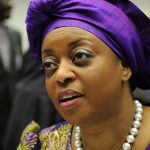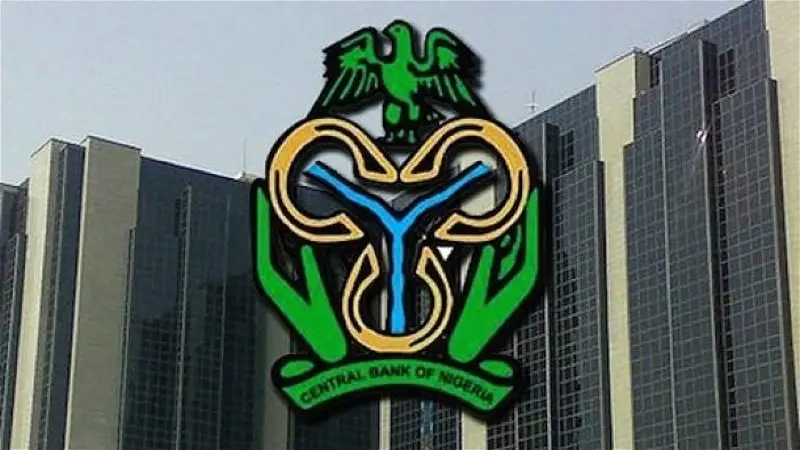Projected increases in foreign exchange liquidity and better access to foreign currency, occasioned by the Central Bank of Nigeria’s (CBN) ongoing measures to boost transparency in the FX market, will likely lead to a modest improvement in forex utilisation by various sectors in the economy, analysts at FBNQuest Research have said.
The analysts stated this while dissecting the latest data provided by the CBN’s Quarterly Statistical Bulletin (QSB).
They noted that although the total utilisation of foreign exchange (FX) by various sectors of the economy fell by -11 per cent Quarter-on-Quarter (QoQ) to $5.7 billion in Q3’24, it increased significantly by +72 per cent YoY on a Year-on-Year (YoY) basis.
The analysts said: “The modest decline in Q3 relative to the previous quarter was primarily due to a significant reduction in FX usage for invisible transactions, which decreased by -32 per cent q/q to $2.2 billion. As a result, its share of total FX usage decreased to 39 per cent, down from 51 per cent registered in Q2’24.
“FX utilisation by the financial sector, which typically dominates FX usage within the invisible segment, was the major driver behind the marked QoQ decline. FX utilised for financial services fell by -34 per cent QoQ to almost $2.0 billion.
“On the part of forex consumption for merchandise imports, FX usage increased modestly by +10 per cent QoQ to nearly $3.5 billion.
Consequently, its contribution to total FX utilised rose to 61 per cent, up from 49 per cent.” They further stated: “FX utilisation by the industrial sector for imported raw materials, machinery, and equipment accounted for 53 per cent of the total merchandise goods, making it the largest forex consumer in this category.








